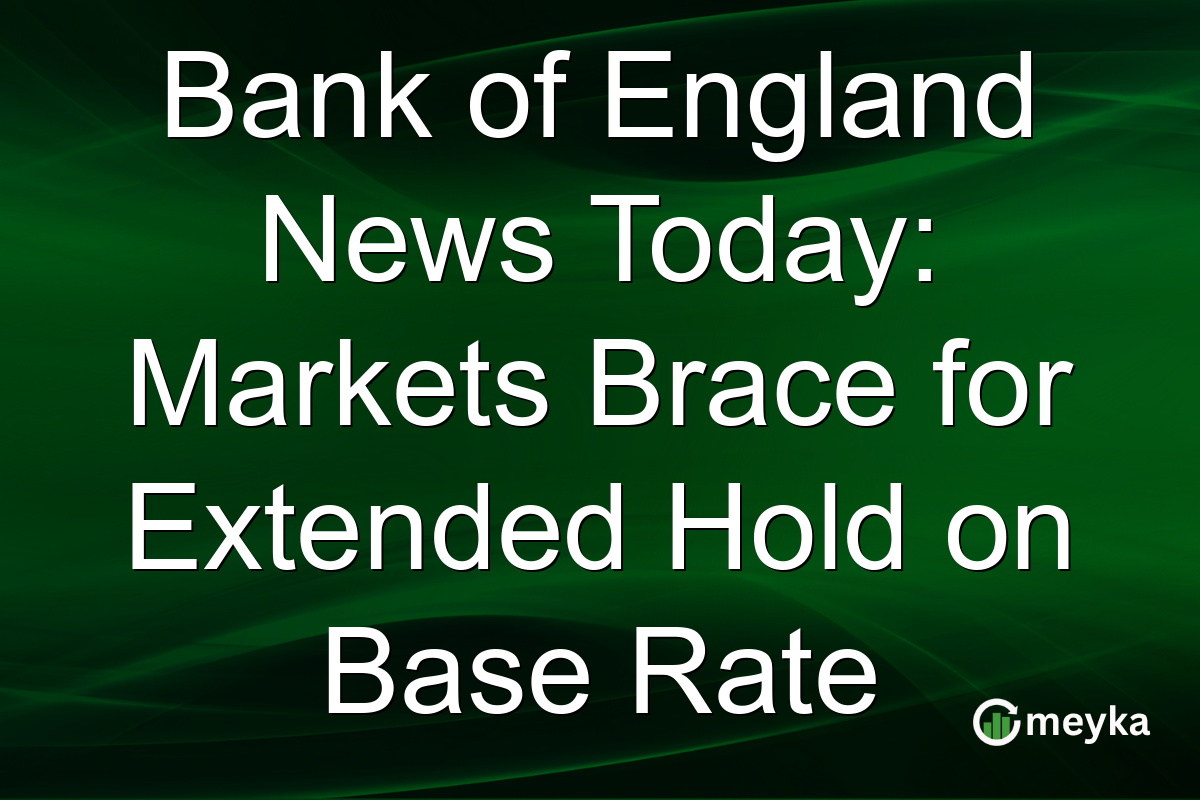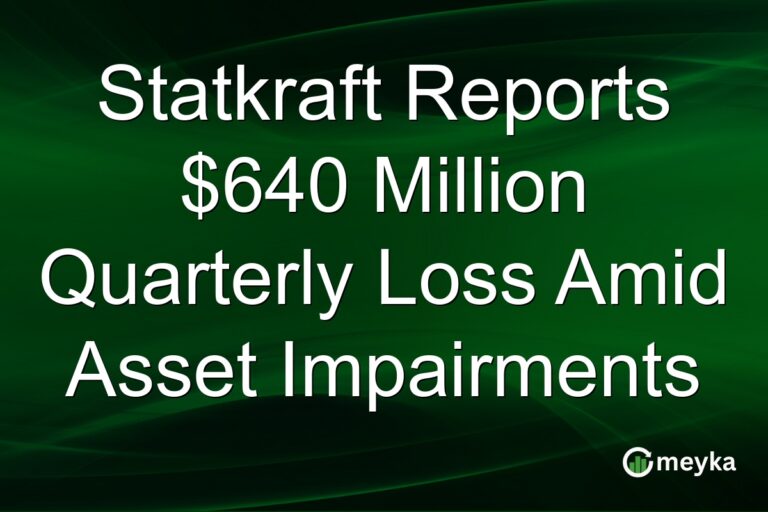Bank of England News Today: Markets Brace for Extended Hold on Base Rate
The Bank of England’s recent announcement to maintain its base rate has stirred significant interest across the UK financial spectrum. This decision, driven largely by persistent inflationary pressures, signals that high rates may continue well into 2025. Investors, savers, and borrowers are keenly observing these developments, as the Bank’s stance reflects broader central bank trends worldwide.
Bank of England’s Current Stance
The Bank of England has opted to keep its base rate unchanged, maintaining a careful approach amidst fluctuating economic indicators. This stance is primarily due to ongoing inflation concerns. With inflation hovering around 6.3% as of August, well above the 2% target, the central bank is refraining from any significant rate hikes. This decision reflects a cautious optimism as policymakers await signs of sustained economic stability. This approach also aligns with similar actions taken by other major central banks. For instance, the European Central Bank has cooled its aggressive rate hike strategy. The Bank of England, by holding steady, aims to balance economic growth with inflation control, a delicate act that requires precision and patience.
Impact on Financial Markets
The decision to hold the Bank of England base rate steady has sent ripples through UK financial markets. Bond yields have remained relatively stable, as investors digest the news. The FTSE 100 saw minor fluctuations, reflecting a market that is adjusting to the expectation of prolonged higher interest rates. For investors, this means recalibrating expectations around fixed income and equity market returns. As the base rate remains elevated, the cost of borrowing increases, potentially putting pressure on consumer spending and corporate investment. Looking ahead, market participants will be closely watching any indicators that suggest a shift in the Bank’s policy stance. Source
Implications for Borrowers and Savers
For borrowers, particularly those with variable-rate mortgages, the Bank of England’s decision could mean sustained higher monthly payments. This environment calls for careful financial management, as persistent high rates might affect disposable incomes and consumer confidence. Savers, on the other hand, might benefit from better returns on savings accounts and fixed deposits. Banks are likely to offer attractive interest rates as they compete for consumer deposits. However, with inflation eroding purchasing power, the real challenge lies in finding investment opportunities that outpace inflation, preserving the real value of returns over time.
Final Thoughts
The Bank of England’s decision to hold its base rate reflects a commitment to curbing inflation while fostering economic stability. With UK inflation still running high, this cautious stance is shared by many global central banks, indicating a period of elevated interest rates may persist. For investors, the key takeaway is to remain vigilant in monitoring economic indicators and potential shifts in monetary policy. Borrowers may need to reconsider their financial strategies, while savers might explore avenues to hedge against inflation. Meyka can provide real-time financial insights, helping stakeholders make informed decisions during these fluctuating economic times. By leveraging platforms like Meyka, those affected by the base rate hold can better navigate the changing financial landscape and prepare for future adjustments.
FAQs
The Bank of England’s base rate is the interest rate set by the central bank, influencing borrowing and saving rates across the UK. It serves as a benchmark for other interest rates within the economy.
A higher base rate typically leads to increased mortgage rates, especially for those with variable-rate agreements. This means higher monthly repayments, affecting borrowers’ cash flow and financial planning.
While it’s difficult to predict exactly, the Bank of England may adjust the base rate based on economic indicators like inflation and GDP growth. Current guidance suggests rates may remain high until inflation is consistently under control.
Disclaimer:
This is for information only, not financial advice. Always do your research.






